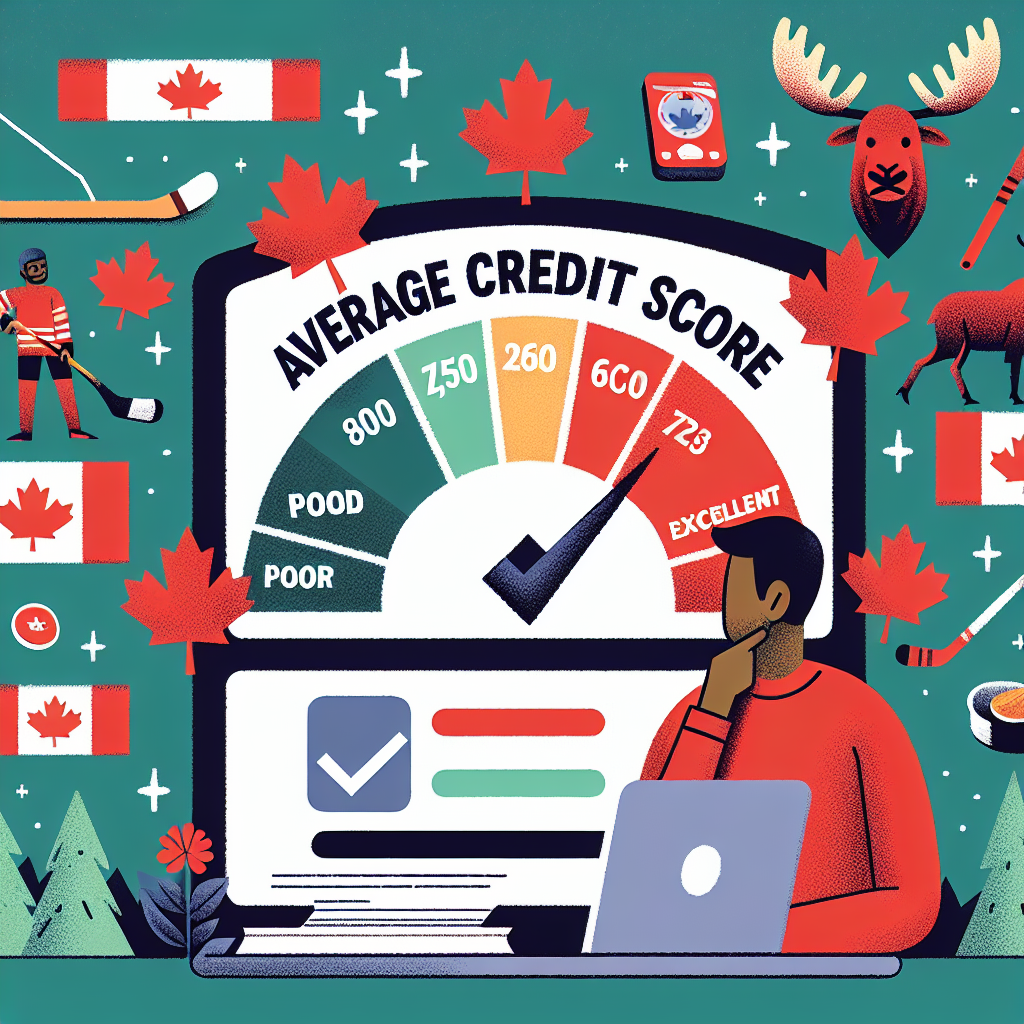Understanding the nuances of your Canadian credit score is essential for anyone looking to secure favorable financial opportunities in 2024. One critical yet often misunderstood factor is the impact of hard inquiries on your credit score. As consumers become more aware of their credit health, it’s vital to grasp how these inquiries can shape financial futures, especially when applying for credit cards, loans, or mortgages. In this article, we will navigate the complexities of hard inquiries and provide expert insights to empower you in managing your credit score effectively.
The Impact of Hard Inquiries on Canadian Credit Scores
Hard inquiries, also known as hard pulls, occur when a financial institution checks your credit report as part of their decision-making process in granting credit. Each hard inquiry can result in a temporary dip in your credit score, typically ranging from 5 to 10 points. While this may not seem significant, it’s crucial to understand that multiple inquiries within a short time frame can compound the effect, potentially signaling to lenders that you are a higher risk. This is particularly critical in 2024, as credit scoring models continue to evolve, incorporating more sophisticated algorithms and data points.
In Canada, credit scores are primarily calculated by two major credit bureaus: Equifax and TransUnion. Both agencies maintain different scoring models, which can lead to variations in how hard inquiries are evaluated. Generally, hard inquiries remain on your credit report for about three years. While they have a diminishing impact over time, being mindful of how many hard inquiries you accumulate is essential, especially if you plan to make significant financial decisions, such as buying a home or car.
Moreover, hard inquiries are often seen as a red flag by lenders, which can lead to higher interest rates or even denial of credit applications. In 2024, as the financial landscape becomes more competitive, having a robust credit profile that minimizes hard inquiries can give you a distinct advantage. With this understanding, it’s vital to approach credit applications strategically to protect your credit score while still accessing the funds or credit you need.
Navigating Your Credit Health in 2024: Key Insights
To maintain a healthy Canadian credit score in 2024, one must adopt a proactive approach toward credit management. Start by regularly monitoring your credit report, which allows you to stay informed about your credit health and identify any inaccuracies that could impact your score. Accessing your credit report is free once a year from both Equifax and TransUnion, giving you the opportunity to review and dispute any errors. This practice not only helps you maintain an accurate score, but it also mitigates the chance of unnecessary hard inquiries from lenders misreading your creditworthiness.
Another crucial strategy is to be selective about your credit applications. Before applying for new credit, consider pre-qualification options that many lenders offer, which typically result in a soft inquiry rather than a hard one. This method allows you to gauge your likelihood of approval without affecting your credit score negatively. Additionally, limit your applications to those that are essential; consolidating your applications over a short period can help minimize the cumulative impact of multiple hard inquiries.
Lastly, understanding the timing of your credit inquiries can be instrumental in preserving your score. If you are anticipating a significant purchase, such as a home, it’s advisable to space out your credit applications by several months to avoid multiple hard pulls within a short timeframe. Furthermore, staying informed about changes in credit scoring models and the regulations surrounding credit inquiries in Canada will empower you to make informed decisions that protect your financial future.
In summary, understanding the impact of hard inquiries on your Canadian credit score in 2024 is crucial for navigating your financial landscape. By strategically managing your credit applications, regularly monitoring your reports, and employing the right tactics, you can effectively minimize negative effects while maximizing your opportunities. As you embark on this journey, remember that informed consumers are empowered consumers. Take control of your credit health today, and set the stage for a prosperous financial future. For more personalized strategies and cutting-edge insights, consider consulting with a credit expert or financial advisor who can help tailor a plan unique to your needs.
Navigating Credit Report Corrections in Canada: 2024 GuideExploring 2024 Options for Canadian Credit Card Debt ConsolidationDebunking 2024 Myths About Canadian Credit ScoresRelevant LinkRelevant LinkRelevant LinkNavigating Credit Report Corrections in Canada: 2024 GuideExploring 2024 Options for Canadian Credit Card Debt ConsolidationDebunking 2024 Myths About Canadian Credit ScoresRelevant LinkRelevant LinkRelevant LinkNavigating Payday Loans in Canada: A Bad Credit DilemmaExploring Alberta’s Online Payday Loan Landscape: Risks and RealitiesNavigating the Payday Loan Landscape in Victoria, BCRelevant LinkRelevant LinkRelevant Link



